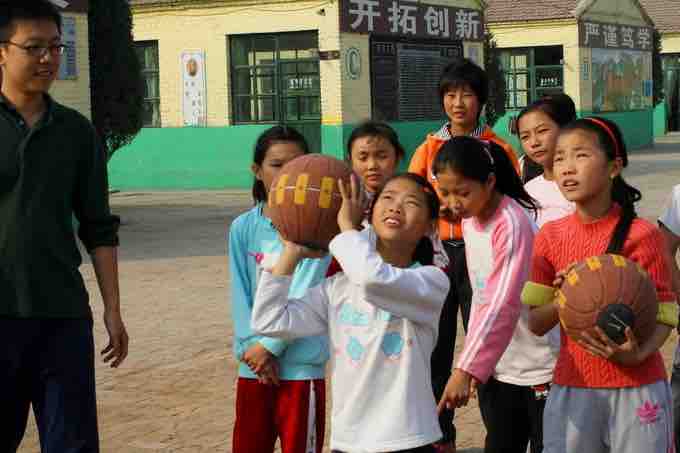Conflict Theory
Conflict theory assumes that the ideas held by a society are the ideas of the ruling class. The ruling class uses schools, along with the media and other means of communication, to disseminate ideas that will support its continued rule. Given this assumption, the conflict perspective often focuses on the role school systems may play in influencing public opinion, or implementing social control.
Social control refers generally to societal and political mechanisms or processes that regulate individual and group behavior, leading to conformity and compliance to the rules of a given society, state, or social group. Schools can further goals of social control by socializing students into behaving in socially acceptable ways . Some may consider this type of socialization a form of indoctrination. In any case, the social values that are present in individuals are products of informal social control. It is exercised by a society without explicitly stating these rules and is expressed through customs, norms, and mores. Individuals are socialized consciously or subconsciously.

Schools as Agents of Socialization
Schools can further goals of social control by socializing students into behaving in socially acceptable ways.
Enforcement
Social control may be enforced using informal sanctions, which may include shame, ridicule, sarcasm, criticism and disapproval. In extreme cases sanctions may include social discrimination and exclusion. For example, schoolmates may enforce gender norms by ridiculing boys who undertake actions considered feminine, such as writing poetry or dancing. Informal sanctions can have a powerful effect; individuals internalize the norm, which becomes an aspect of personality.
Social control may also be enforced using formal sanctions. Formal sanctions may be used in a large group in which an individual can choose to ignore the sanctions of other individuals. This form of control usually takes the form of government action. Government and organizations use law enforcement mechanisms and other formal sanctions, such as fines and imprisonment. In schools, formal sanctions may include detention, suspension, or other formal punishments.
By means of social control, students are taught the boundaries of acceptable behavior. They carry these lessons with them into everyday life and, later, into careers. Thus, the social control lessons learned in school may prepare students, for example, to be a docile proletariat in a capitalist economy.

Social Control
Signs warning of prohibited activities; an example of social control